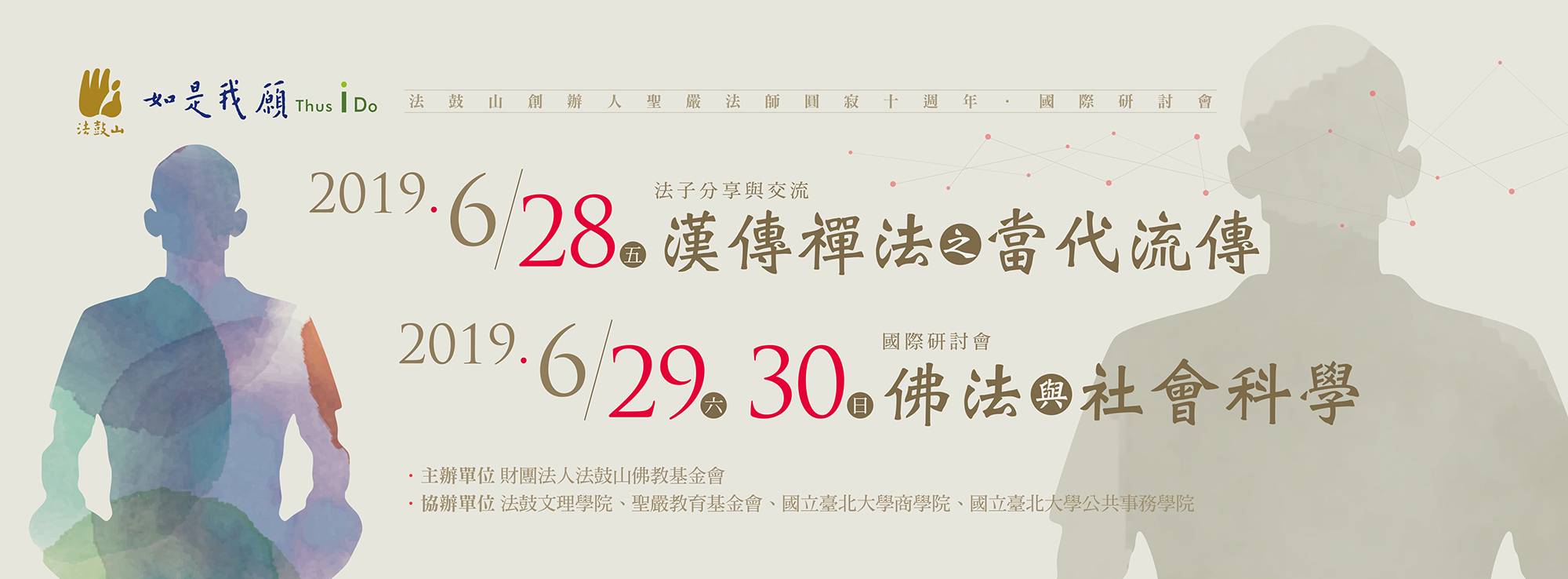Taixu and the Importation of Utopian Literature in Twentieth Century China
Charles B. Jones (周文廣).
Justin Ritzinger’s study of the roots of Taixu’s formulation of Humanistic Buddhism notes a strong utopian element throughout his works, which he traces back to Taixu’s early involvement with anarchist politics, since anarchism also placed great emphasis on the establishment a new, ideal society. However, as one reads Taixu’s essay “On the Establishment of the Pure Land in the Human Realm” (Jianshe renjian jingtu lun 建設人間凈土論), one suspects that his utopian thought was also informed by other influences. For example, the essay presents a survey of “pure lands” proposed throughout world history. Besides the utopias envisaged by Chinese thinkers such as Confucius 孔子 and Mencius 孟子, he lists several classics of western utopian writing as well: More’s Utopia, Bacon’s New Atlantis, Campanella’s City of the Sun, and several others.
How did he gain familiarity with this literature? An investigation of this question leads to a single western work, Joyce Hertzler’s The History of Utopian Thought. This book was cited by Liu Renhang 劉仁航 in his 1926 book Dongfang datong xue’an 東方大同學案, a book for which Taixu provided a preface. This book not only presented Hertzler’s study of utopian literature, but it provided a summary of all the Chinese works that Taixu mentions. Thus, this presentation will lay out the sequence of events and linkages that led Taixu to base much of his survey of utopian literature, both eastern and western, on Liu’s work. In the conclusions, I will present an analysis of Taixu’s appropriation of western utopian literary themes.
